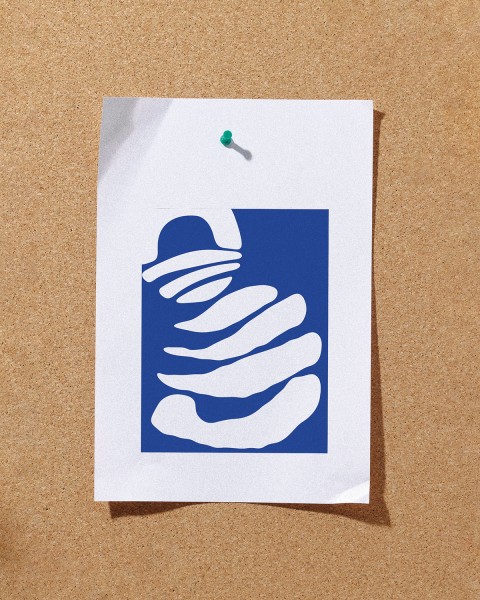The substance of small things I’ve seen
Hope and change mean something different to me now than they did in 2009.

Century illustration
Almost 16 years ago my family and I arrived in Seattle. I can’t really describe the wonder we felt, following I-90 through Snoqualmie Pass and then seeing the city on the other side of Lake Washington, only to see more water and more mountains beyond that. We were driving to a coveted tenure-track position for me, in the wake of a historic election that saw Barack Obama become president. It felt like the world was opening up to something new. Hope felt like a tangible thing. It hung in the air with the president’s words and the exuberance of rallies and shared looks in hallways.
Sixteen years later, packing to again move into a new phase of life, I cannot quite imagine what became of that world, of the ways so many would respond to hope and change. There was a time when, in my youthful exuberance turned bitter disappointment, I had some deep misgivings about the church, about theology, about the world. Hope felt like folly, a bad joke.
Read our latest issue or browse back issues.
I kept working, kept teaching, kept putting one foot in front of the other—sometimes because I believed in what I was doing, sometimes simply because we had to eat. My inclination, whether in my teaching or in my assessment of the world, was usually to dwell on the negatives: the critique of my teaching, the negative evaluation, the one student who fell asleep in class—even when they were vastly outnumbered by the positives. There would be moments when the doubt would become paralysis, when all I could do was take solace with those who shared my criticisms and complaints.
But I found that there were two kinds of critique, two kinds of attention, and each fed me in different ways. The fixation on the bad review or the sleeping student fed me empty calories, a quick fix of sugar and dopamine that I thought I needed to keep going. Maybe it was easier to believe that a poor evaluation was the true measure of my teaching or that the persistence of a systemic gap meant that nothing could get better.
But sometimes there was a student who actually began to see their world a little differently, to see God a little differently. I was part of a church that was earnestly trying to be a place everyone could call home. Sometimes I fixated on all the ways it wasn’t that, but living with the person who ministered to them, I knew the stories were always more complicated than that.
Conversation by conversation, I saw my partner create space for people to be encountered. Class by class, year by year, I let the transformations become the definition of what could be, of what I was doing from day to day. There was still critique, still analysis, but it was something more like trying to fix a clock, learning how to bike a hill, or practicing putting line upon line until shape emerged. And I found that this kind of attention on what was being built became a different kind of nourishment.
Maybe it was pure exhaustion, or the inability to simply consume only the gaps and fractures as definitions of myself and what this world could be, but I found myself nurturing attention to what was growing. And when I did, I found hope there, change even. And there is something beautiful that happens when you get just strong enough to feel different, when you’ve walked every day for a year and then go a week without it and realize something is missing.
Looking back on those early years of pessimism, I realize the choice I had was not a matter of belief or disbelief in what could change. I realize I was making a constant decision to discount the witness of those who had changed, the spaces that had become a little more open, a little more free.
I know Hebrews says that faith is the substance of things hoped for and not seen (11:1). But for me, hope was a matter of faith in what I had seen, the change, the small miracles of care, the communities that sprang to life to be solace or safety. Lacking faith in what was already there, I failed to nurture the embers of what could be. As with a farmer who presses seeds into the ground each new season, faith is shaped by the years of seeing small shoots of green each spring. For too long I had only focused on the spots that remained dormant while whole fields were springing to life.
In this strange nadir, in what feels like it will only get worse before it gets better, I am a different person: a person who cannot not hope. But I also know hope is the daily discipline of seeing what has grown, believing that life is possible for everyone, and fighting to make the little patches of land I tend spaces of defiant life.







